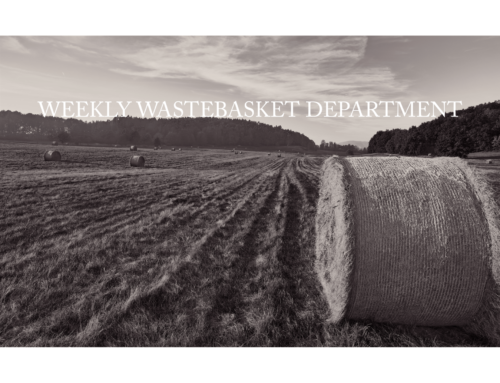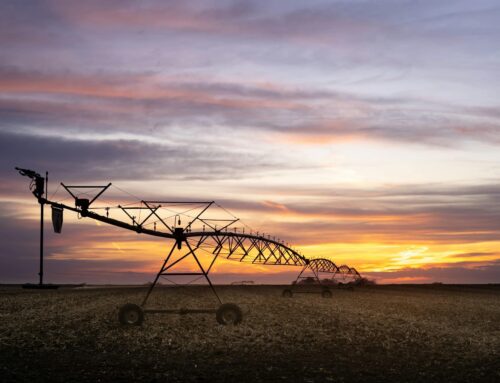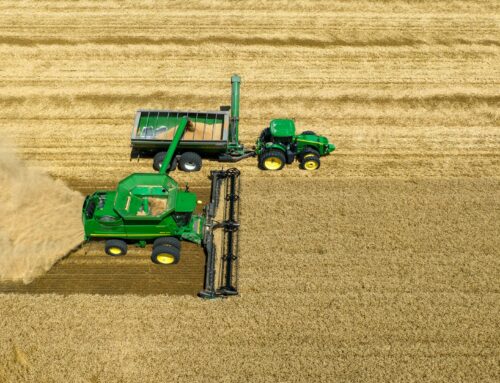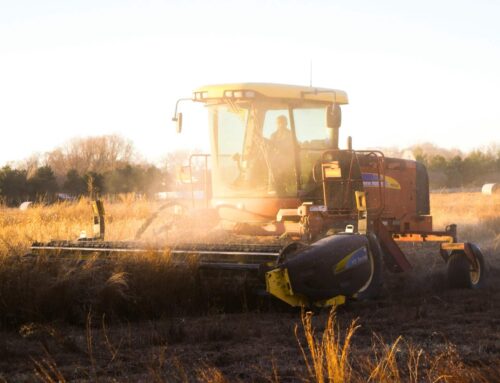Two and a half months after the House passed the HEROES Act, the Senate has responded with their most recent COVID-19 response package.
The Senate bill appropriates an additional $20 billion in emergency cash for the Secretary of Agriculture to spend on agricultural interests “impacted by coronavirus.” This is on top of the $9.5 billion appropriated to the Secretary and $14 billion in Commodity Credit Corporation reimbursement included in the CARES Act in March.
The appropriation comes with almost no strings attached. Stating simply it is “to prevent, prepare for, and respond to coronavirus by providing support for agricultural producers, growers, and processors impacted by coronavirus, including producers, growers, and processors of specialty crops, non-specialty crops, dairy, livestock and poultry, including livestock and poultry depopulated due to insufficient processing access and growers who produce livestock or poultry under a contract for another entity”. In just 14 lines of legislative text (four of them declaring the funds to be for an “emergency” and thus don’t count against annual spending caps), the bill unlocks $20 billion. That’s nearly as much as the federally subsidized crop insurance program, normally the most expensive ag safety net program, is expected to cost taxpayers for the next three fiscal years combined.
The Senate’s approach is notably different from the House. While the Senate bill leaves apportionment of the $20 billion up to the Secretary of Agriculture, the House provided much more guidance on what aid would go to whom and how the assistance should be meted out. The House bill totaled 766 lines in the Ag safety net sections. A downloadable side-by-side of agricultural provisions in the House and Senate bills can be found here.
Like the HEROES Act, this bill enables the Secretary to spend “farm safety net” dollars far beyond the farm gate. Instead of specifically directing assistance to corn ethanol plants (HEROES Sec. 60305(a)) and cotton textile mills (HEROES Sec. 60305(b)), the Senate brings these entities into the subsidy circle through the catch-all “processors.”
Expanding “farm” safety net payments beyond the farm gate to include ethanol refiners and other processors that use agricultural products is a threat to efforts to create a cost-effective farm financial safety net that promotes opportunity and innovation instead of cronyism and dependency on Washington. The former chief economist of the USDA even stated that aiding ethanol producers opens a Pandora’s box to other assistance.













Get Social